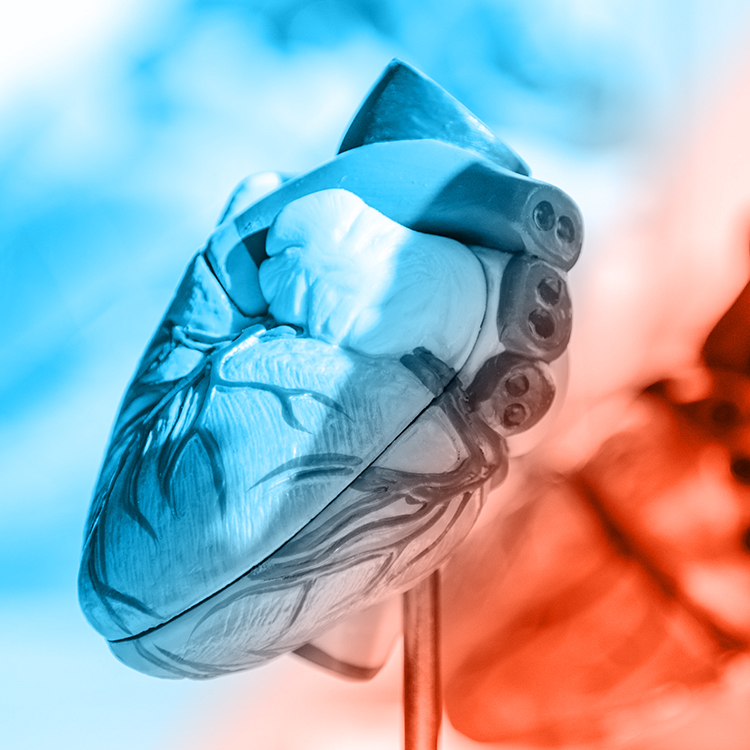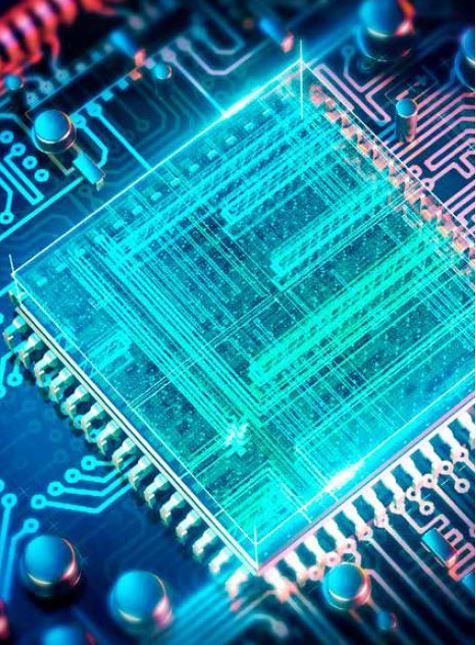Extracellular vesicles for cardiovascular therapeutics
In this landmark review, group da Costa Martins and collaborators outline the endogenous properties of EVs that make them natural delivery agents as well as the features that can be improved by bioengineering.
We also discuss the therapeutic applications of native and bioengineered EVs to cardiovascular diseases and examine the opportunities and challenges that need to be addressed to advance this research area, with an emphasis on clinical translation.
Extracellular vesicles are a heterogeneous group of natural particles that are relevant to the treatment of cardiovascular diseases. These endogenous vesicles have certain properties that allow them to survive in the extracellular space, bypass biological barriers and deliver their biologically active molecular cargo to recipient cells. Moreover, EVs can be bioengineered to increase their stability, bioactivity, presentation to acceptor cells and capacity for on-target binding at both cell-type-specific and tissue-specific levels.
Also read
-
Maastricht University received grants for three of the ten research projects starting in the National Growth Fund program Circular Plastics NL.
-
"I am proud that our new Circular Plastics group published its first completely in-house research," Kim Ragaert says. She founded the research group three years ago, when she moved to Maastricht. Her work has laid the foundations for many innovations in the field of plastic recycling, and she is...
-
Programming quantum computers, like the quantum computer itself, is still in its early stages. Quantum computing researchers tend to be physicists, mathematicians, or computer scientists who have a special interest in the mathematical framework of quantum mechanics.



